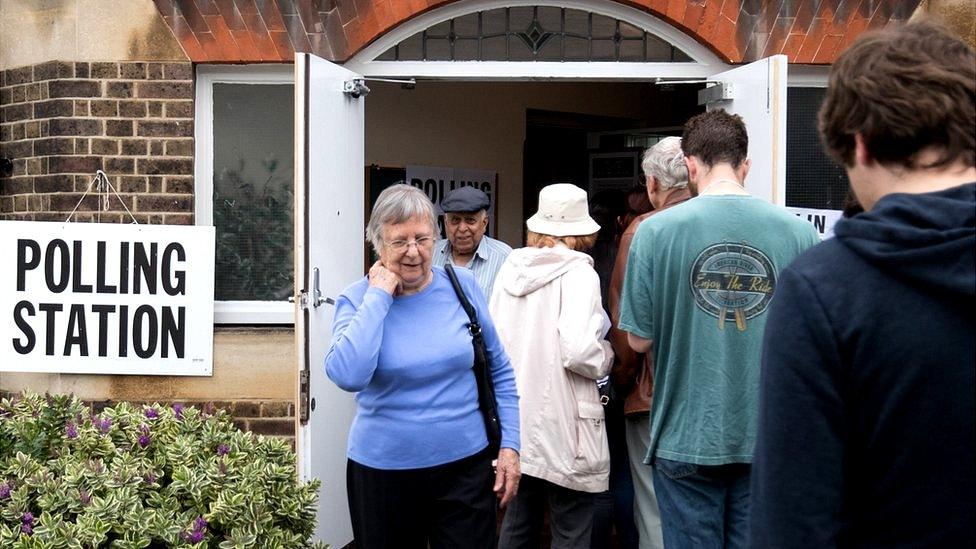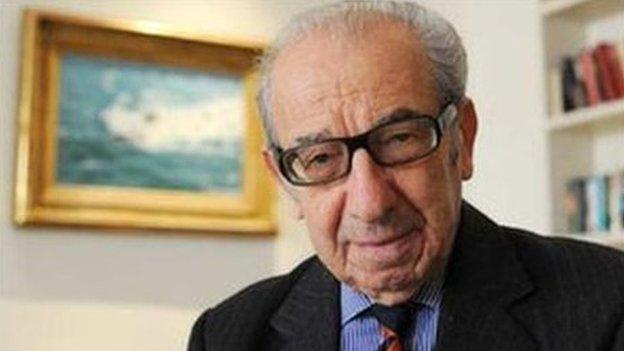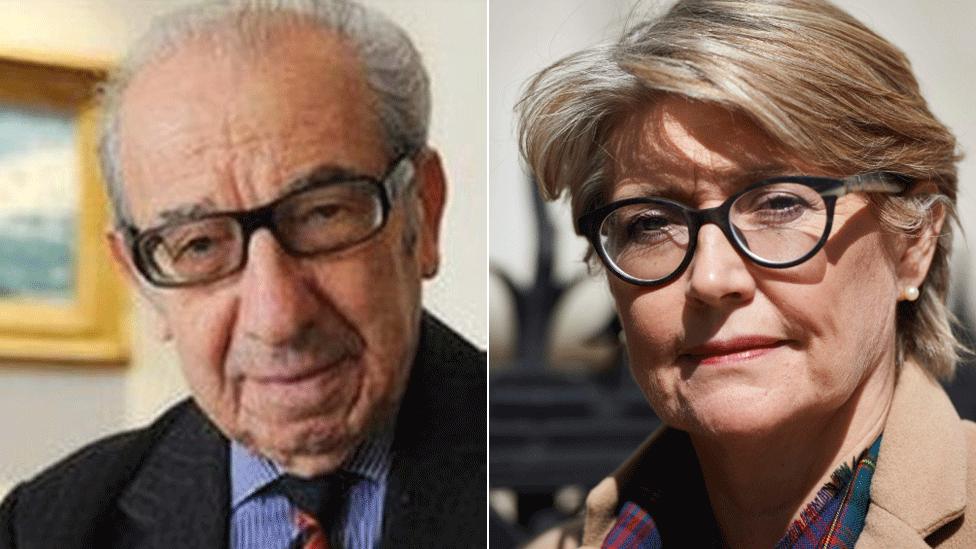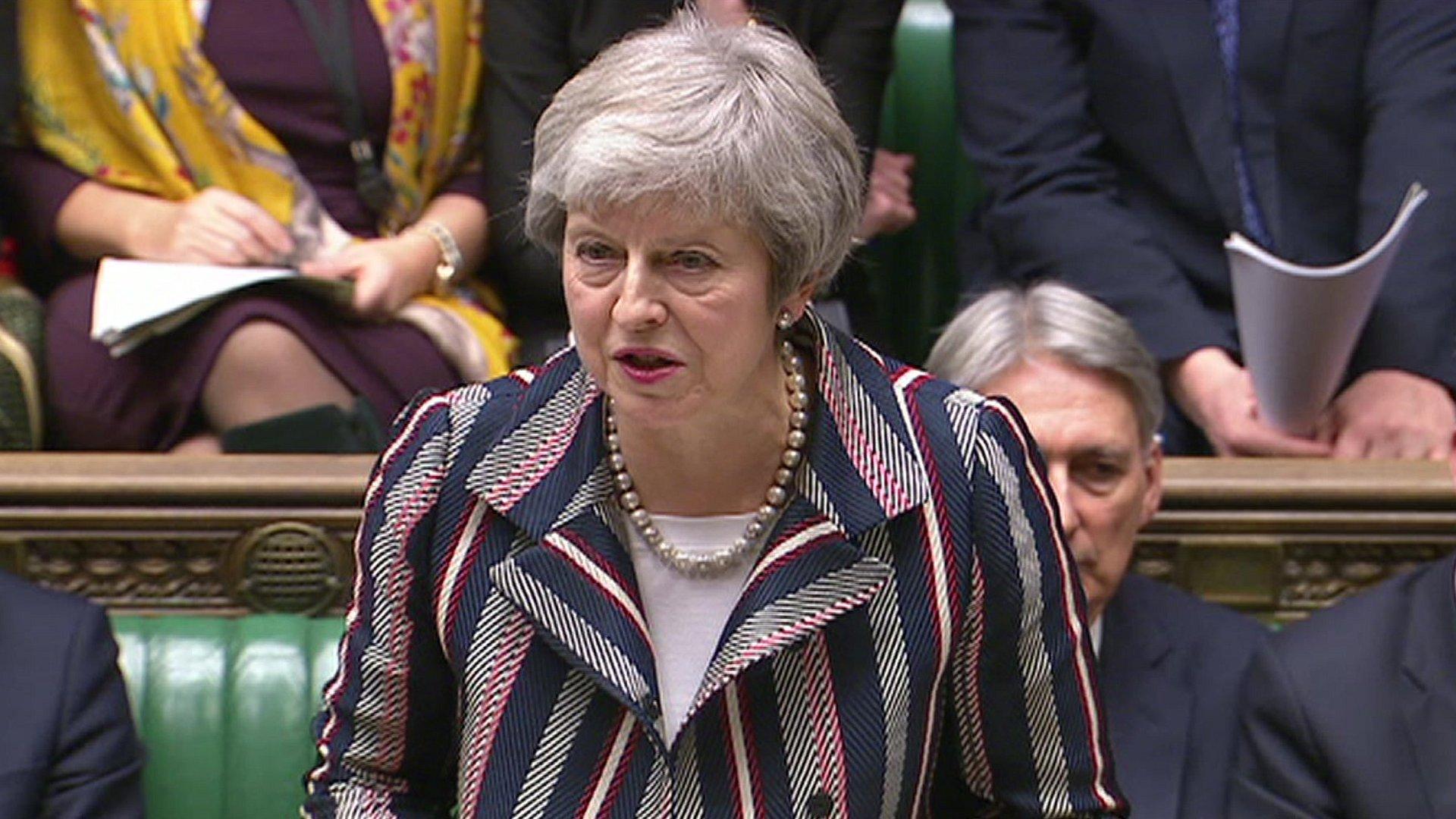EU court rejects Britons' anti-Brexit case
- Published

EU referendum: The Leave vote in 2016 was 52%, while 48% voted Remain
EU judges have dismissed a case brought by a 97-year-old war veteran and 12 other emigrant Britons objecting to the UK's Brexit negotiations.
Harry Shindler and the others argued that it was wrong for the EU to open the Brexit talks because they and many other British expats had been deprived of a vote in the June 2016 referendum.
The 13 plaintiffs have been living outside the UK for more than 15 years.
The opening of Brexit talks did not infringe their rights, the ruling said.
The EU's General Court in Luxembourg said the EU Council decision authorising the opening of Brexit negotiations "does not directly affect the legal situation of the applicants".
A French lawyer representing the expat group, Julien Fouchet, said they would appeal to the European Court of Justice (ECJ), the top EU court.
Allow X content?
This article contains content provided by X. We ask for your permission before anything is loaded, as they may be using cookies and other technologies. You may want to read X’s cookie policy, external and privacy policy, external before accepting. To view this content choose ‘accept and continue’.
UK Prime Minister Theresa May is now battling to persuade UK politicians to accept the Brexit deal she clinched with EU leaders on Sunday. The UK government is committed to exiting the EU next March.
The EU Council - the body representing all the national governments - argued that opening Brexit talks was "merely a preparatory act" which did not affect citizens' rights.
According to the court, those rights are likely to be affected, however, when the UK withdraws from the EU, with or without a Brexit deal.

Mr Shindler has been struggling for years to win long-term expats the right to vote
Mr Shindler lives in Italy, where he served with British forces in World War Two.
There is a 15-year time limit on British expats being able to vote in UK elections or referendums.
In May 2016, just before the Brexit vote, Mr Shindler and another British expat, Jacquelyn MacLennan, failed to persuade UK Supreme Court judges to change the law and enable them to vote.
On Tuesday the ECJ is to hear a case brought by anti-Brexit Scottish politicians and activists, who want legal clarity on whether the UK can unilaterally revoke Article 50, the EU withdrawal procedure.
- Published24 May 2016

- Published30 December 2020

- Published26 November 2018
